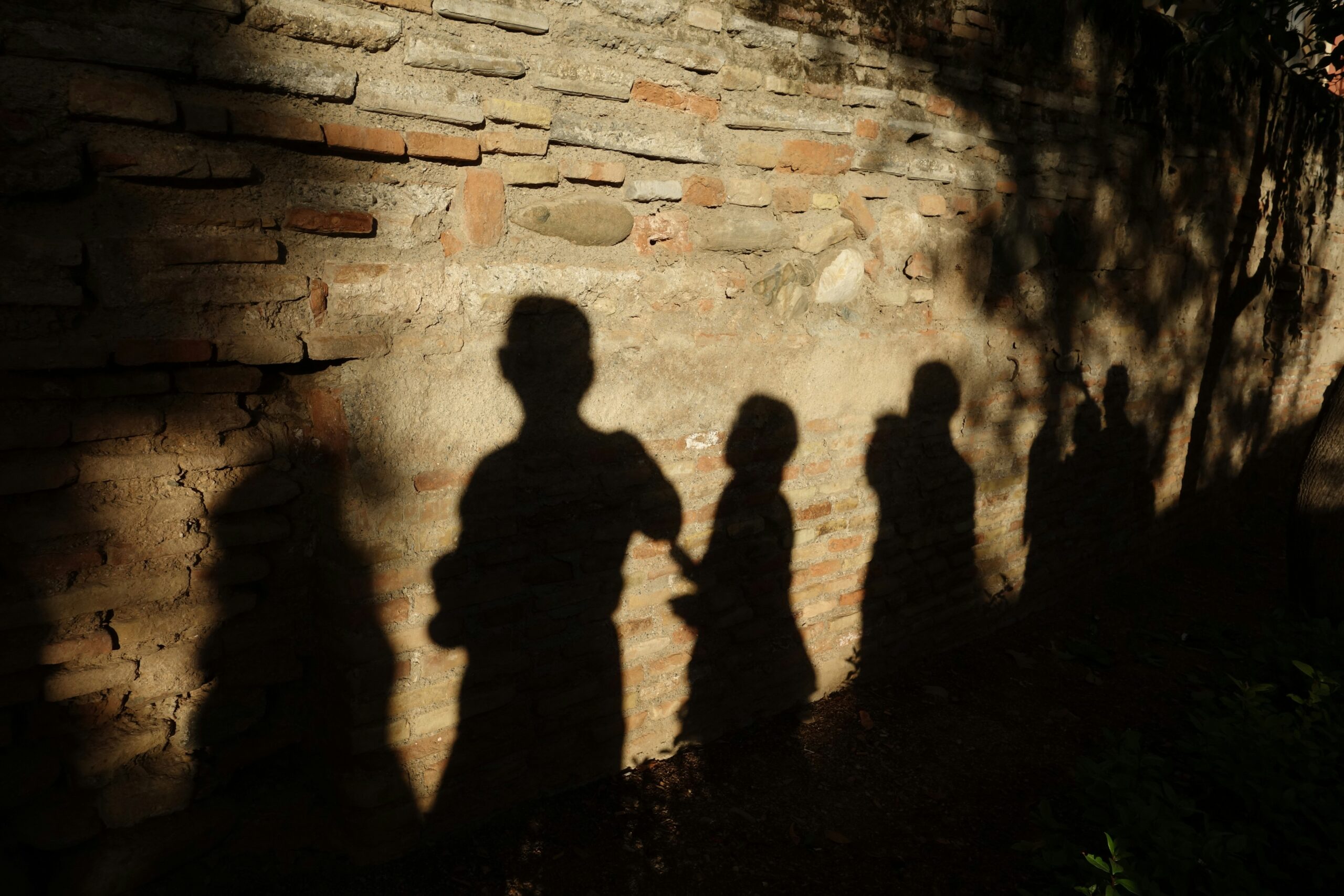In the growing complexity of sustainability and human rights due diligence, companies often face a difficult question: where to focus? Climate impact, supply chain transparency, labour conditions, governance – the list is long, and attention is limited. In this context, children’s rights can easily be seen as “one more issue” to add to an already crowded agenda.
But they are not.
How corporate actions affect the youngest stakeholders
Children make up nearly one-third of the global population yet have the least power to influence decisions that affect them. Business activities, from supply chains and marketing to data use and environmental impact, directly shape their lives. As workers, consumers, community members and dependents of employees, children experience corporate decisions in immediate and tangible ways.
The UN Guiding Principles on Business and Human Rights (UNGPs) make clear that companies have a responsibility to respect human rights, including the rights of children, throughout their operations and value chains.
Still, as shown in the new UNICEF Sweden report What’s at Stake? Children’s Rights in Sweden’s Corporate Sustainability Reporting, that we have been part of conducting, children’s rights remain largely invisible in corporate sustainability and due diligence work.
Why this matters for business
Children’s rights are not a niche concern. They intersect with every area of sustainability and due diligence, from safe working conditions and family-friendly workplaces to product safety, data ethics and climate action.
Focusing on children’s rights helps companies see impacts through a fuller human lens, revealing hidden risks and opportunities for innovation, trust and long-term value creation.
The Children’s Rights and Business Principles, developed by UNICEF, the UN Global Compact and Save the Children, offer a clear foundation: businesses should not only avoid harm to children but actively support their well-being and development. In practice, this means integrating children’s rights into strategy, governance and day-to-day decisions.
Key recommendations for companies
Based on the findings from the report What’s at Stake? companies can strengthen their due diligence by:
- Recognising children as stakeholders in impact and materiality assessments, and consulting with children or their representatives to capture how business activities affect them directly.
- Building internal understanding of how children’s vulnerabilities and roles appear across the value chain, including in environmental impacts, digital contexts and political engagement.
- Translating insights into measurable actions, setting clear commitments, policies and indicators, and reporting transparently on progress.
- Engaging with experts, peers and civil society, to improve data, develop better tools, and strengthen accountability across sectors.
Looking ahead
Children are not only the most vulnerable group in today’s economies – they are the workers, consumers and leaders of tomorrow. Protecting their rights is not a side issue; it is central to building resilient societies and sustainable business.
Caring for children today means safeguarding the stability, trust and potential of tomorrow’s world. For in fact, it is they and not us who will inhibit the world of tomorrow.
At Enact, we help organisations embed human rights due diligence into their core business by conducting cross-cutting and intersectional screenings to ensure that no vulnerable group, including children, is left unseen.
Read the full UNICEF Sweden report here:
What’s at Stake? Children’s Rights in Sweden’s Corporate Sustainability Reporting
Image by Arthur Tseng on Unsplash

